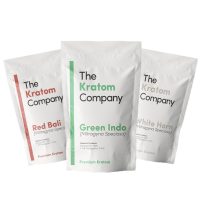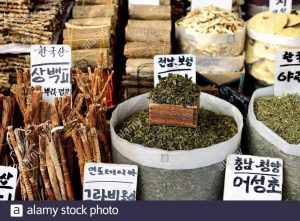Home » Help Kratom Stay Legal in Virginia

Help Kratom Stay Legal in Virginia
- Anthony Dent, Founding Member
- No Comments
Virginia’s Board of Pharmacy is considering a petition that could drastically affect kratom users across the state. The proposition aims to amend 18VAC110-20-322 to include the main active alkaloids in kratom, mitragynine and 7-hydroxymytragynine, as Schedule I substances. This technically places kratom in the same category as drugs like heroin and LSD. This change would have significant consequences for Virginians who rely on kratom for its various benefits.
Here’s what you should know and the steps you can take to make your voice heard.
What Schedule I Kratom Classification Means
First, is kratom legal in Virginia? Yes, at least for now. However, the classification of kratom as a Schedule I substance under the Controlled Substances Act would have significant implications. The categorization is reserved for drugs that have “no currently accepted medical use and a high potential for abuse.” As mentioned above, some of the drugs include heroin, marijuana (cannabis), methaqualone, mescaline (peyote), methylenedioxymethamphetamine (MDMA), and lysergic acid diethylamide (LSD).
If kratom is added to this list, it would face the same severe legal restrictions as these illegal substances. This classification would essentially criminalize the possession and use of kratom, making it illegal for individuals in Virginia to consume, sell, or distribute the substance. This could lead to legal consequences such as fines, criminal charges, and even imprisonment for individuals who use kratom for personal or therapeutic purposes or businesses that sell illegally.
How It Could Affect People Who Use Kratom in Virginia
Beyond the criminalization aspect, classifying kratom as a Schedule I substance could impact people who use kratom in various ways:
- Stigma and Misinformation: Schedule I classification could further perpetuate the negative stigma surrounding kratom and its users. This may lead to misinformation and a lack of understanding about kratom’s potential benefits and the reasons why people use it.
- Limited Alternatives: Many people buy kratom as an alternative to potentially less effective substances for enhancing their overall well-being. Classifying kratom as a Schedule I substance would force these individuals to seek other possibly riskier options.
- Decreased Quality of Life: For those who have successfully integrated kratom into their daily lives, this classification could lead to a significant decrease in their overall well-being and quality of life. They may face difficulties in supporting their daily routine without the assistance of kratom.
- Impact on Livelihood: For individuals who work in industries that involve kratom, such as production, distribution, or sales, this classification could lead to job loss and financial instability.
- Research Limitations: This classification would severely limit scientific research statewide on kratom’s potential benefits, hindering our understanding of its effects and applications.
In short, classifying kratom as a Schedule I substance could affect the unrestricted access to this ethnobotanical plant for people who use kratom in Virginia.
Your Voice Matters: Take Action Now
The good news is that there’s still time to fight this proposal and protect the rights of kratom users in Virginia. Previous proposals to ban kratom in the state have failed, thanks to the collaborative efforts of kratom users, persistent advocacy for the Kratom Consumer Protection Act (KCPA), and dedicated organizations like the American Kratom Association.
Here’s what you can do to help protect kratom’s legality in Virginia:
- Sign the Petition: Support the active petition against kratom scheduling by signing it. The goal is to show the Virginia Board of Pharmacy that there is strong opposition to this change.
- Leave a Comment: Visit ProtectKratom.org/virginia, click ‘Enter a Comment,’ and express your concerns about this potential classification of kratom as a Schedule I substance. The more comments received, the stronger the message against this proposal.
- Attend the Hearing: Make your voice heard by attending the upcoming hearing on June 24th or later, 2024. Also, consider attending a June 25th Rally in Richmond. Learn more about participating here.
Stay Informed
As the battle to keep kratom legal in Virginia continues, it’s vital to stay updated on the latest developments. Subscribe to The Kratom Company blog for the latest updates on kratom’s legal status in Virginia and other states.
Featured Products
-
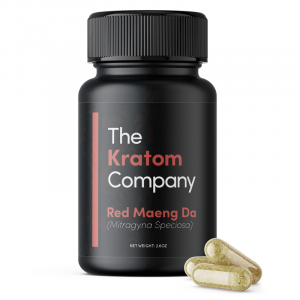 From $24.00Select options This product has multiple variants. The options may be chosen on the product page
From $24.00Select options This product has multiple variants. The options may be chosen on the product page -
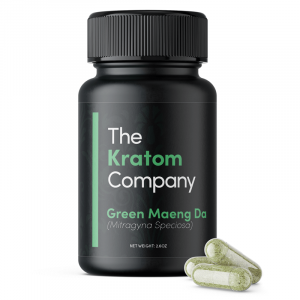 From $24.00Select options This product has multiple variants. The options may be chosen on the product page
From $24.00Select options This product has multiple variants. The options may be chosen on the product page -
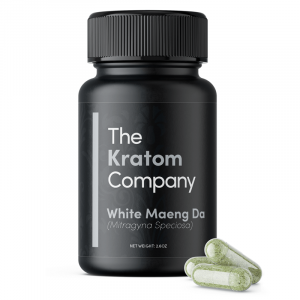 From $24.00Select options This product has multiple variants. The options may be chosen on the product page
From $24.00Select options This product has multiple variants. The options may be chosen on the product page
Explore More Posts
Product Search
Featured Products
-
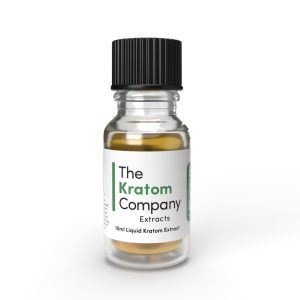 Pure Kratom Liquid Extract
Rated 4.72 out of 5From $20.00
Pure Kratom Liquid Extract
Rated 4.72 out of 5From $20.00 -
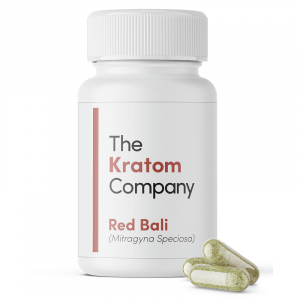 Red Vein Bali Kratom Capsules
Rated 4.70 out of 5From $24.00
Red Vein Bali Kratom Capsules
Rated 4.70 out of 5From $24.00 -
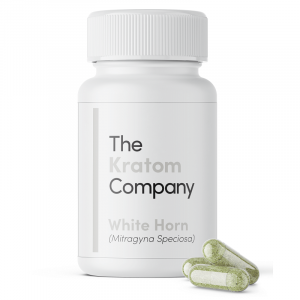 White Horn Kratom Capsules
Rated 4.88 out of 5From $24.00
White Horn Kratom Capsules
Rated 4.88 out of 5From $24.00
Recent Blogs
Follow Us
Strains
Blogs
NEWSLETTER
Sign up for our newsletter!

These statements and products presented on this website have not been evaluated by the Food and Drug Administration FDA. The products mentioned on this website are not intended to diagnose, prevent, treat or cure any diseases or health conditions. Therefore any information on this website is presented solely as the opinions of their respective authors who do not claim in any way shape or form to be medical professionals providing medical advice. The KRTM Company and its owners or employees cannot be held responsible for, and will not be liable for the inaccuracy or application of any information whatsoever herein provided. By purchasing our products you agree that you are aware and in compliance with your local county, state, or federal regulations. Must be 21 years or older to purchase Kratom. The US FDA has not approved kratom as a dietary supplement. We do not ship to the following states, cities and counties in the US where Kratom is banned: Alabama, Arkansas, Indiana, Rhode Island, Vermont, Wisconsin, Sarasota County, FL, Union County, MS, Denver, CO, San Diego, CA, and Jerseyville, IL.

